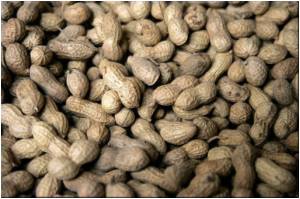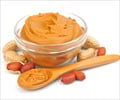Nearly eighty percent of the preschool children allergic to peanuts were able to eat nuts after receiving low and high doses of oral immunotherapy.

‘Low and high doses of oral immunotherapy were safe and equally effective at suppressing allergic immune responses to peanut.’





The study was conducted by Wesley Burks, a researcher at the University of North Carolina in the US. Peanut allergy in younger children is usually short. The researcher assessed whether giving OIT to younger children could alter the course of the allergy and allow safe introduction of peanut into the diet. The study involved 40 peanut-allergic children aged 9 to 36 months. The children were randomly assigned to either high-dose peanut OIT with a target daily dose of 3,000 milligrams peanut protein or a low-dose regimen with a target dose of 300 milligrams.
All the participants experienced side effects such as mild abdominal pain that required little or no treatment.
The participants were given OIT for 29 months. Participants avoided peanut completely for four weeks before reintroducing it into their diets. Eighty percent of peanut-allergic preschool children successfully incorporated peanut-containing foods into their diets after receiving peanut OIT.
OIT-treated children were more likely to successfully incorporate peanut into their diets than those children who had avoided the therapy.
Advertisement
Source-Medindia














